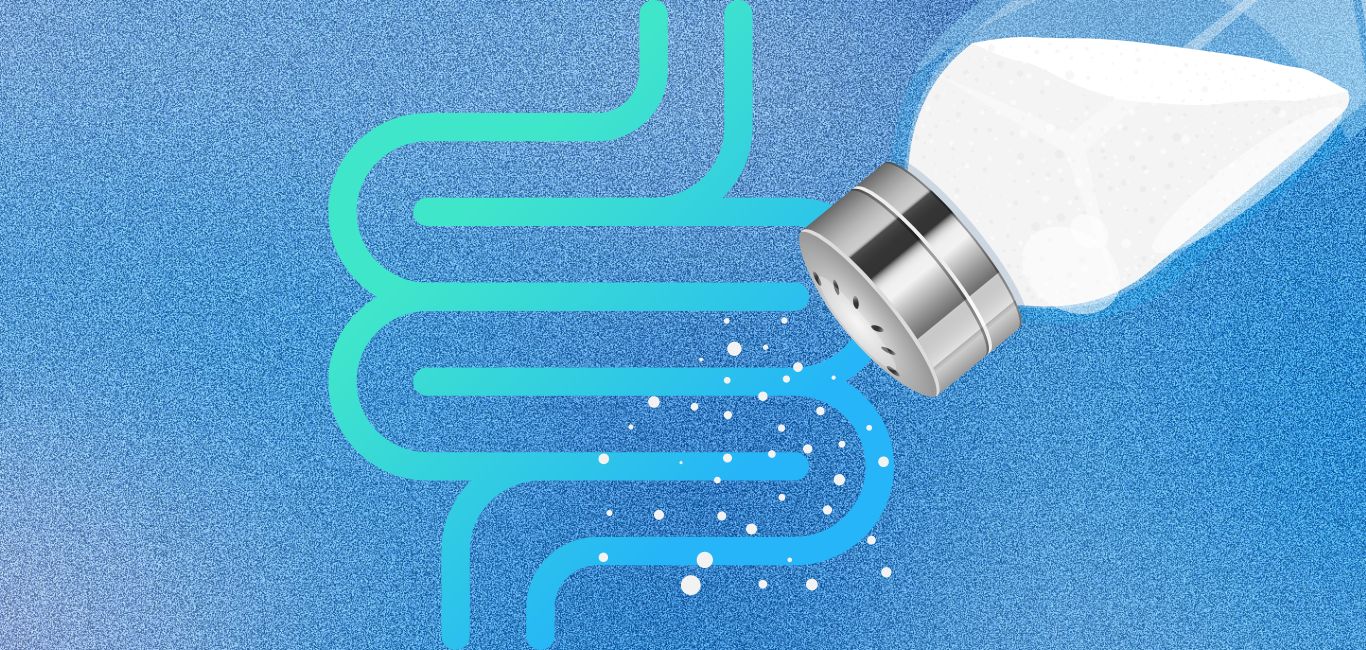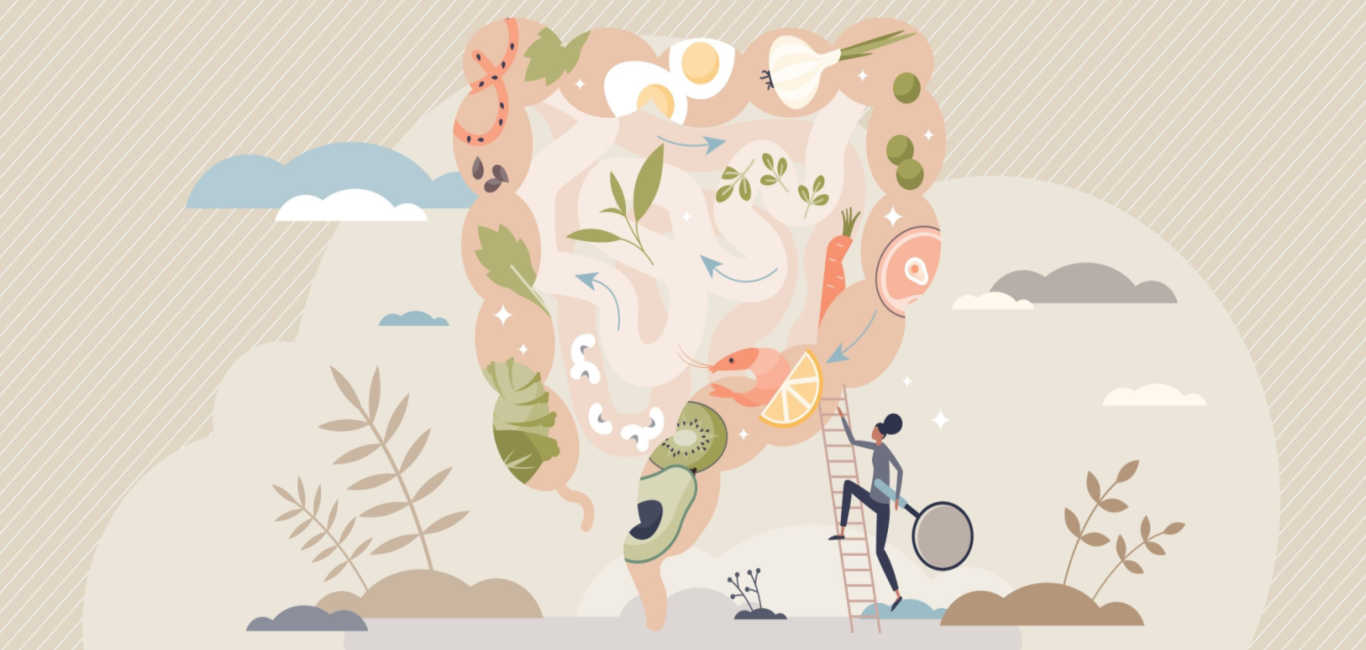
Our gut contains trillions of crucial microbes that support digestion, nutrition absorption and immunity. But an unbalanced microbiota, known as dysbiosis, can trigger issues like bloating, diarrhoea and irritable bowel syndrome.
While sugary and fatty foods are known disrupters, recent research highlights another culprit — excess salt.
Common salt or sodium chloride is a source of sodium, which maintains the body’s electrolyte balance. However, too much salt can affect the body, as it creates an environment that favours bad bacteria over beneficial bugs in our gastrointestinal tract. This tilts the delicate microbial balance needed for gut health, potentially leading to gut dysbiosis.
Processing and preservation
The problem is that salt is everywhere. A salt surplus can come from many sources —processed foods, frozen meals, condiments that are heavily salted for an extended shelf life. Sometimes even home cooked food is prepared with more salt than needed, explains Shreya Shah, clinical nutritionist and founder of Healthfuel, Mumbai.
Packaged foods and pre-made sauces use salt as a preservative, while salted butter and cheese are other sodium traps.
Pink Himalayan or rock salts are equally high in sodium as table salt, despite having a different mineral content, cautions Shah.
Here is what we should know to avoid inundating our gut with a surfeit of salt.
Key organs at risk
“Excessive dietary salt has a major [effect]on blood pressure. It leads to an increase in blood pressure or hypertension which further contributes to cause various cardiovascular diseases such as stroke, ischaemic heart disease and heart failure,” says Shah. It also impairs renal functions, leading to chronic kidney disease (CKD).
Excess salt causes high water retention in the body and a subsequent swelling in the body (oedema). People with CKD or renal issues are recommended not more than 2-3 grams of salt in a day, she adds.
Damage to gut lining
High sodium diets reduce good gut bacteria like lactobacillus and bifidobacterium, says Shah. Bad bacteria increase, releasing toxins that spark inflammation and damage the gut lining. This can cause diarrhoea, inflammatory bowel disease, and irritable bowel syndrome. Sodium also lowers beneficial short chain fatty acids (SCFAs) that maintain the gut barrier.
Sodium also stimulates immune cells to release inflammatory mediators, a process which further enhances inflammation in the gut.
Toxins hit heart health
“Gut barrier injury results in the release of pathogens and toxins in the bloodstream, thereby affecting other distant organs such as heart, lungs, liver and kidneys,” says Shah. This increases inflammation throughout the body, causing many cardiovascular and metabolic disorders, she adds.
There is an increase in the number of certain gut bacteria producing metabolites such as trimethylamine N-oxide (TMAO). A chemical such as TMAO further worsens inflammation and plays an important role in causing cardiovascular diseases such as hypertension, atherosclerosis (blocked blood vessels) and heart attack.
Moderating dietary salt
Limiting excess salt in our food supports microbial balance and better health.
“One should cut the consumption of processed and packaged foods as they have [too much] salt in them. Stick to home cooked meals and [ensure] there is no [added or] extra salt,” says Shah.
Limiting the consumption of processed foods while cooking food more often at home can help control sodium. In place of adding salt, whether white or pink, one can season foods smartly with spices.

















